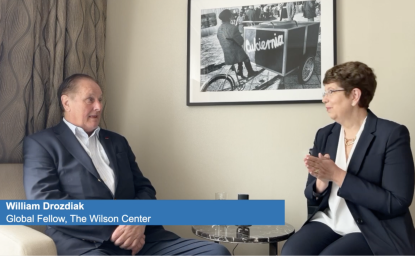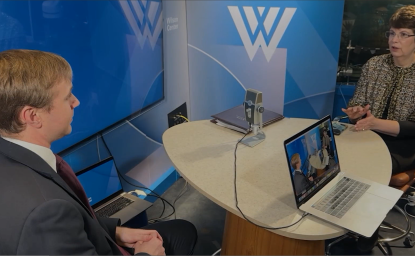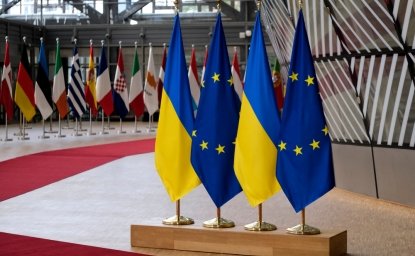Ambassador Mark Green, Philip Reeker, Justin Bronk, Senior Research Fellow for Air Power and Military Technology at RUSI, Dr. Jack Watling, Baroness Catherine Ashton, Ivan Duque, Sir John Scarlett, and Robin Quinville comment on the future of the Russia-Ukraine conflict.
Selected Quotes
Ambassador Mark Green: “For the Brits and for Europeans, it isn’t simply about Ukraine, it’s about the future of Europe: how they want Europe to look, what kind of institutions do we want to see in Europe.”
Hon. Philip T. Reeker: “We were able to get really excellent briefings at the Royal United Services Institute—RUSI—and to remember how critical geopolitics are to our everyday lives.”
Justin Bronk: “The pilot training aspect is critical; it’s not just about converting pilots onto these types to fly them, it’s about learning the tactics so they can operate as large of formations, using those tactics in order to be effective against what is a very dense surface-to-air and air-to-air threat, and that will, I’m afraid, take much longer than the couple of months that are being discussed at the moment.”
Dr. Jack Watling: “The critical question therefore is can winter conditions be used to continue to atrit the Russian army so that they have to replace their troops in theater, and can the Ukrainians reconstitute their forces and expand the span of control that they are able to execute on the battlefield so that they can maintain the initiative going into the spring.”
Baroness Catherine Ashton: “A big question I think on everyone’s minds is what is going to happen in Russia. Russia will have elections in the future; there is already deep speculation that Vladimir Putin will stand again and will wish to continue to be president into the future.”
HE Iván Duque: “There has to be a stop to this brutal genocide, and the international community needs to strengthen the sanctions against Russia, but also to identify real opportunities for Ukraine to preserve their territory.”
Sir John Scarlett: “What I just want to remind people of here is the suffering and the destruction and the brutality of what is in some important respects, major respects, and I know this somehow just through my own history of involvement with that part of the world, a civil war.”
Robin Quinville: “The Wilson Center as a global institution, one that looks across the regions, makes those connections, and shows how that vibrant dialogue between the UK, US, other regions in the US, Europe and the US, can be directed productively toward these global challenges.”
Guests

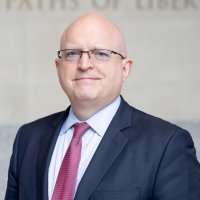
Albright Stonebridge Group, Department of State (ret.)
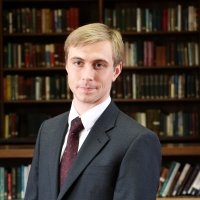
Senior Research Fellow for Land Warfare at the Royal United Services Institute
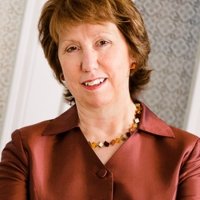
Former Vice President of the European Commission and former High Representative of the EU for Foreign Affairs and Security Policy
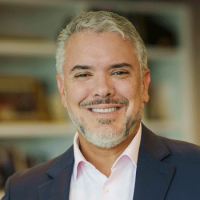
President of the Republic of Colombia (2018-2022)
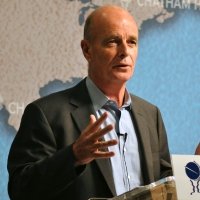
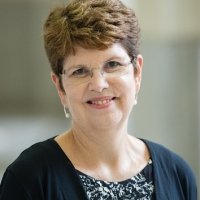
Explore More
Browse Insights & Analysis
Iraq Should Consider Extending UNAMI’s Mission

